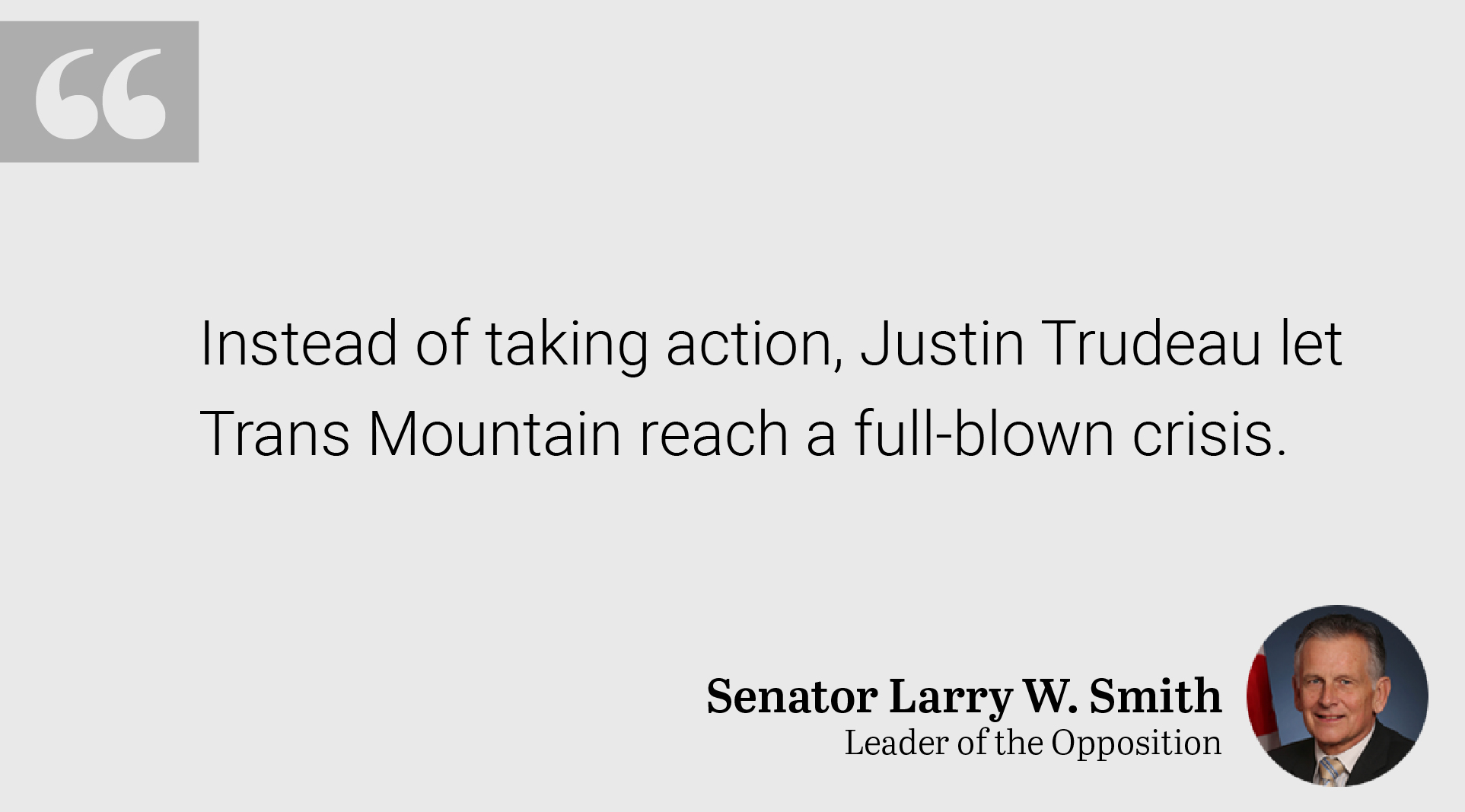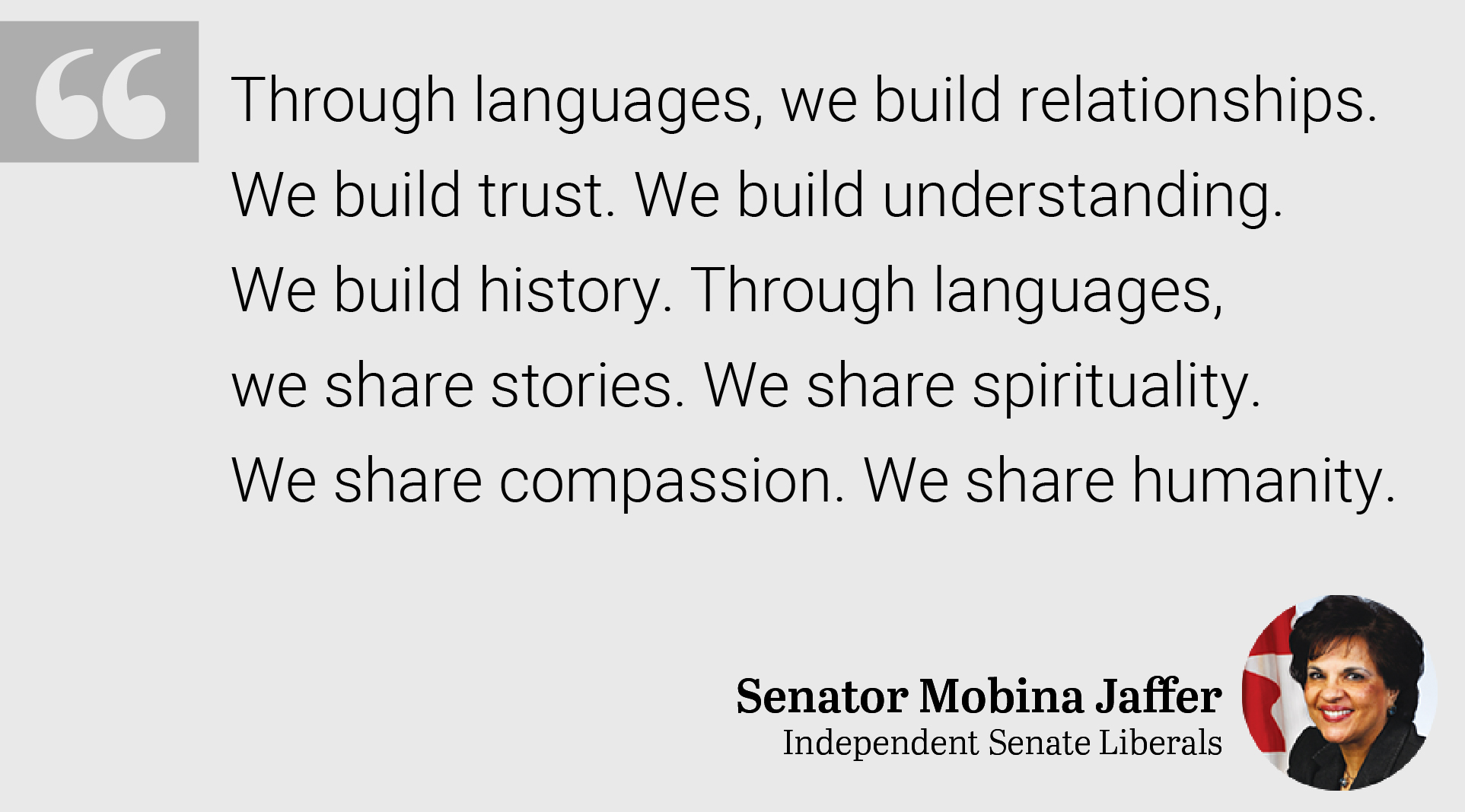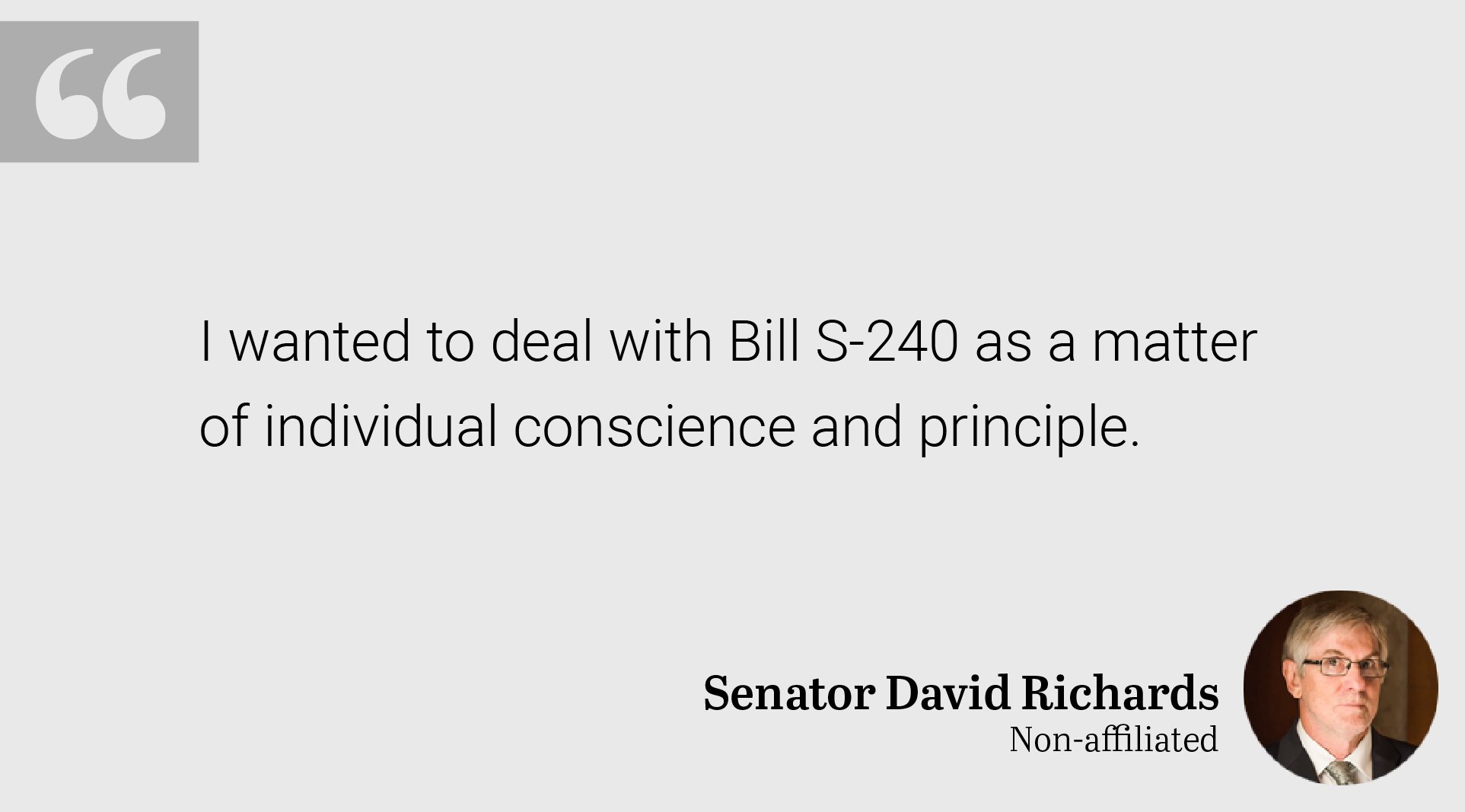Perspectives — April 17-19, 2018

Last week at the Senate: The Government Conference Centre, the Trans Mountain pipeline, the importance of mother languages and organ transplant tourism.

Government
The arrival of spring in Ottawa also marks the beginning of tourist season in the Nation’s Capital. Over the next few months, thousands of visitors from across Canada and beyond will be drawn to Parliament Hill. What many may not realize, however, is that this will most likely be their last opportunity to take a free guided tour of one of our country’s most iconic and historic buildings for at least a decade.
As part of a massive rehabilitation of Canada’s 19th-century Parliament buildings, Centre Block will be closed for renovations for the next ten years, beginning in the fall. That means that the awe-inspiring Peace Tower and Hall of Honour, the magnificent Library of Parliament, and the current Senate and House of Commons chambers will be off-limits while the restoration work takes place.
For those who may be wondering, the Senate of Canada will soon be transplanted to the newly-renovated Government Conference Centre, which originally served as Ottawa’s central train station. Meanwhile, the House of Commons will be relocated to West Block. Guests will be able to sit in the galleries in each chamber to watch the parliamentary proceedings.
So, whether you have toured Centre Block before, or you are interested in discovering this architectural masterpiece for the very first time, I would encourage you to plan a visit before it is too late. For more information about guided tours, and other options for visitors to Parliament Hill, please consult visit.parl.ca. We look forward to welcoming you to Ottawa!

Opposition
On April 8, Kinder Morgan Canada Limited made a decision to suspend non-essential activities and related spending on the Trans Mountain Expansion Project.
Let’s be clear, Canada is faced with an unprecedented situation: we are unable to safely and efficiently export our resources to our coastal ports. The failure to develop this project is a blow to our economy: the pipeline expansion itself is worth an estimated $57.4 billion, meaning 15,000 construction jobs and an estimated 37,000 direct and indirect jobs per year.
The blame for this crisis rests on the shoulders of this government’s failed policies. B.C. government threats against this project are not new. Unfortunately, the Prime Minister has ignored the red flags and failed to act in time. In February, Senator David Tkachuk called for an emergency debate in the Senate in an effort to persuade the Prime Minister to take immediate action to resolve the growing tensions surrounding this project.
Instead of taking action, Justin Trudeau let Trans Mountain reach a full-blown crisis. The government raised the stakes around Trans Mountain by cancelling other major pipeline projects that have been proposed. They vetoed the approved Northern Gateway pipeline, and they killed the Energy East pipeline with last minute rule changes and a regulatory standard that doesn’t apply to any other sector of the Canadian economy. The carbon tax and new regulatory requirements in Bill C-69 have driven out billions of dollars in investments.
Actions speak louder than words, and the Prime Minster needs to act now.
Senate Liberals
Bill S-247, An Act to establish International Mother Language Day, is a legislative proposal to designate the twenty-first day of February as “International Mother Language Day” and to acknowledge the contribution languages make to a diverse and multicultural Canadian society.
This bill does not dispute that English and French are Canada’s official languages. English and French are the two official languages of Canada as guaranteed by the Canadian Charter of Rights and Freedoms.
Linguistic diversity benefits Canada in many ways. Multilingualism preserves cultural and linguistic heritage, it strengthens us as Canadians, since it is at the root of our identity.
To date, there is not enough recognition of our multilingualism. Let us change this.
Over 200 languages are spoken in Canada. We also must never forget that Aboriginal languages must be acknowledged. They are also part of our Canadian identity. Canada is proud of its language diversity, including those of our First Nations. More than 60 different Aboriginal languages are spoken across Canada.
There is a growing need to embrace linguistic plurality. Canada’s identity is made up of a mosaic of languages and cultures, all combining to form a unique and vibrant multicultural community.
International Mother Language Day is not only a day to highlight heritage languages in Canada; it is also a day to preserve cultural and linguistic heritage.
Through languages, we build relationships. We build trust. We build understanding. We build history. Through languages, we share stories. We share spirituality. We share compassion. We share humanity.
Non-affiliated
I wanted to deal with Bill S-240 as a matter of individual conscience and principle, not solely as a matter of statistics. That is, I was not overly interested in the number of people who fled to other countries to receive an organ more than I was in speaking to the lack of individual morality, coupled with arrogance as a defining motivator. I do think that better access to organ donors in Canada would mitigate the problem, but I am not sure it would ever stop it. I also believe that a certain number of our immigrants may have been infected by an illegal organ transplant.
The idea that we can stop it might be wishful but we can certainly quell it, and prosecute those who are suspected of illegal organ trade. Deporting, where possible, those we can who might be found guilty. That is what this bill asks.
Lack of donors is something that might be helped by a sustained campaigning at both the provincial and federal levels. That and access to better health care at the local level — especially in the nation’s rural areas might help as well.




